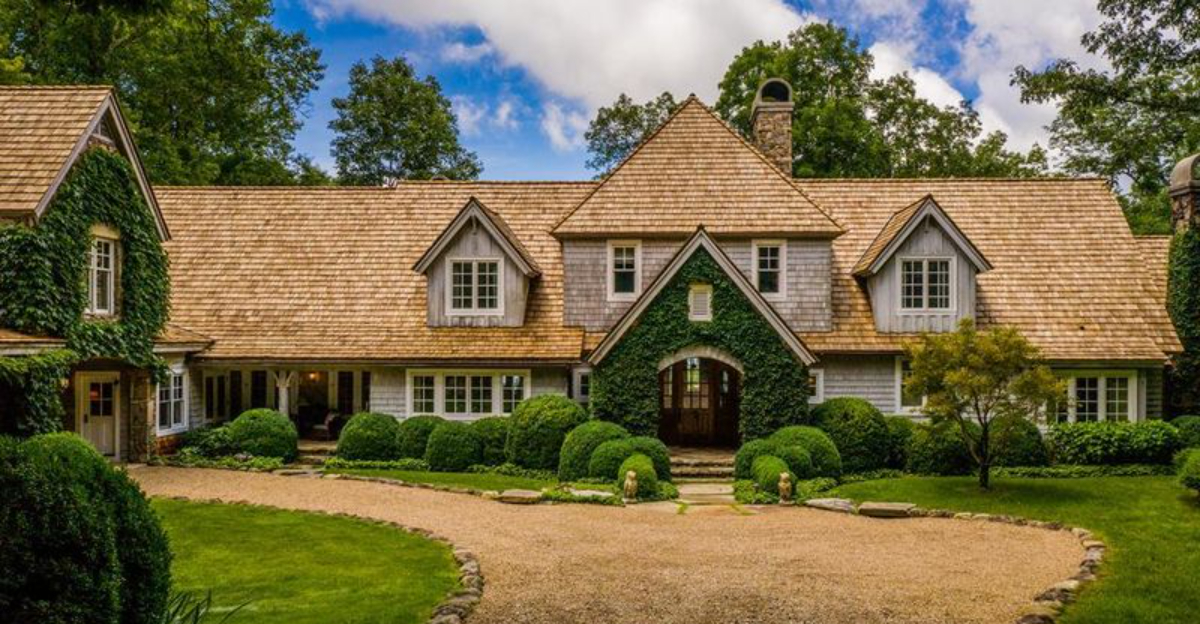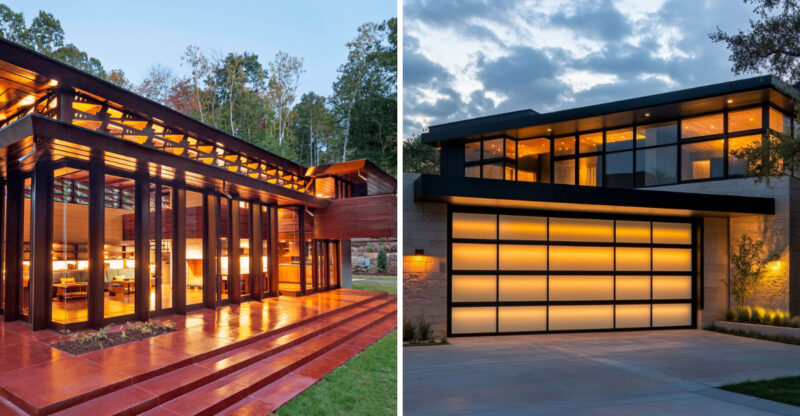Baby Boomers Are Driving Big Changes In North Carolina Real Estate

North Carolina’s housing market is experiencing a remarkable transformation, and one generation stands at the center of it all. Baby Boomers are reshaping how homes are bought and sold across the Tar Heel State.
Their purchasing power, lifestyle preferences, and migration patterns are creating ripples that affect everyone from first-time buyers to real estate professionals.
1. A Generational Shift In The Tar Heel State
Something significant has been happening in North Carolina’s housing market over the past several years. Boomers have steadily increased their share of home purchases, fundamentally changing who’s buying property in the state.
This shift reflects broader demographic trends as the generation enters retirement with considerable financial resources. Their presence influences everything from housing inventory to neighborhood development patterns across North Carolina communities.
2. Boomers’ Growing Dominance In Home Buying (2018–2023)
Between 2018 and 2023, Boomer home purchases in North Carolina and USA-wide jumped dramatically. They went from owning around 32% of the market to nearly 39%, representing a substantial increase in just five years.
Meanwhile, younger generations saw their market share decline during the same period. This statistical swing demonstrates how Boomers have become the driving force behind residential real estate transactions throughout the state.
3. Financial Power Gives Boomers The Edge
Decades of career earnings, home equity, and retirement savings have positioned Boomers as financially formidable buyers. Many arrive at the closing table with substantial down payments or even cash offers that younger buyers simply cannot match.
This economic advantage allows them to compete aggressively in competitive markets. Their financial strength often means faster closings and fewer contingencies, making their offers particularly attractive to sellers.
4. How Homeownership Trends Are Changing
Traditional homeownership patterns looked very different a generation ago. Young families typically dominated the buyer pool, seeking starter homes and properties in school districts.
Now, Boomers are redefining what typical homeownership looks like. Their preferences for accessibility, lower maintenance, and proximity to healthcare are influencing new construction designs and renovation priorities throughout North Carolina’s residential landscape.
5. Why Boomers Are Choosing North Carolina
North Carolina offers a compelling combination that appeals strongly to retiring Boomers. The state’s moderate climate means milder winters than northern states while avoiding the intense heat found further south.
Tax advantages, including no tax on Social Security benefits, make retirement dollars stretch further. Add beautiful natural scenery, excellent healthcare facilities, and proximity to family, and the state becomes an ideal destination for this generation’s next chapter.
6. What Boomers Want In A Home
Single-story layouts top the wish list for most Boomer buyers. Stairs become less appealing as mobility considerations grow more important, making ranch-style homes particularly desirable.
Open floor plans, main-level primary suites, and low-maintenance yards also rank high. Many seek homes in communities offering amenities like walking trails, social activities, and proximity to medical services rather than highly-rated school districts.
7. The 2020s Lasting Impact On Boomer Migration
This year accelerated trends that were already underway. Many Boomers who had planned eventual relocations suddenly moved up their timelines, leaving crowded urban areas for North Carolina’s more spacious communities.
Early retirements became more common as the pandemic prompted life reassessments. Remote work flexibility allowed some still-employed Boomers to relocate before full retirement, seeking safety, space, and quality of life improvements.
8. Regional Hotspots For Boomer Home Buyers
Coastal communities like Wilmington and the Outer Banks attract Boomers seeking waterfront living and mild year-round temperatures. Mountain areas around Asheville appeal to those wanting scenic beauty and four-season climates.
Suburban areas near Charlotte and Raleigh offer urban amenities without downtown congestion. Mid-sized cities provide cultural activities, healthcare access, and manageable living costs that make them increasingly popular Boomer destinations.
9. Comparing Then And Now: 2008–2017 Vs. 2018–2023
Looking back at 2008 through 2017, younger buyers held significantly larger market shares. Millennials and Gen X dominated transactions as Boomers remained in their established homes, often still working full-time careers.
The landscape shifted dramatically after 2018. As Boomers reached retirement age with accumulated wealth, their purchasing activity surged while younger generations faced affordability challenges, creating the current market dynamics we observe today.
10. Boomers Are Redefining North Carolina’s Future
This generational shift isn’t temporary – it represents a fundamental restructuring of North Carolina’s housing landscape. Builders are adapting designs, communities are adjusting amenities, and real estate professionals are refocusing their expertise.
As Boomers continue moving to and within the state, their preferences will shape development patterns for years ahead. Understanding this influence helps everyone navigate North Carolina’s evolving real estate market more effectively.






